Top HDPE pipes manufacturer & Supplier from India
Accent international is manufacturer & exporter of HDPE Pipes from India. Our HDPE (High-Density Polyethylene) Pipes are designed for high-performance fluid transportation, offering durability, flexibility, and resistance to chemicals and corrosion. Ideal for water supply, irrigation, sewage, and industrial applications, these pipes ensure long-lasting and efficient performance.
Specifications:
✅ Size Range: 20mm to 315mm dia
✅ Material Grade: PE-63 / PE-80 / PE-100
✅ Packing Options: 3m & 6m Length | Coil Packing
✅ Standard: IS: 4984:2016
Pressure Ratings:
🔹 PE-63: PN-2 to PN-8
🔹 PE-80: PN-2.5 to PN-20
🔹 PE-100: PN-3 to PN-20
Other Names:
🔹 Black HDPE Pipe | Underground HDPE Pipe | PE Pipe
🔹 Polyethylene Pipe | Black Water Pipe
Key Benefits:
💧 High Durability & Flexibility – Ideal for underground and above-ground installations
⚡ Corrosion & Chemical Resistant – Ensures long service life
🔩 Leak-Proof & Strong Joints – Reduces water loss
🛠 Lightweight & Easy Installation – Saves time and labor costs
🌱 Eco-Friendly & Recyclable – A sustainable choice
FAQs:
1. Are HDPE pipes safe for drinking water?
A. Yes. HDPE pipes made from food-grade polymers are non-toxic and safe for carrying potable water. They do not leach harmful substances into the water.
2. How long do HDPE pipes last?
A. When installed properly, HDPE pipes can last over 50 years. Their lifespan depends on factors like soil condition, temperature, and pressure.
3. What are the advantages of using HDPE pipes?
A. They are lightweight, flexible, corrosion-free, easy to install, and leak-resistant. HDPE pipes also require minimal maintenance and offer long-term cost savings.
4. Can HDPE pipes be used above ground?
A. Yes, HDPE pipes can be used above ground if they are UV-stabilized. Pipes containing carbon black or UV-resistant additives perform well under sunlight exposure.
5. How are HDPE pipes joined?
A. Common joining methods include butt fusion, electrofusion, and compression fittings. These methods create strong, leak-free joints that are as durable as the pipe itself.
6. What is the difference between HDPE and PVC pipes?
A. HDPE pipes are more flexible and impact-resistant, while PVC pipes are rigid. HDPE handles higher pressure and temperature variations better than PVC.
7. How do I select the right HDPE pipe size?
A. The right size depends on your application, flow rate, and pressure requirements. Consulting with a supplier or engineer helps ensure proper pipe diameter and wall thickness.
8. Are HDPE pipes environmentally friendly?
A. Yes. HDPE pipes are recyclable, require less energy to produce, and reduce water leakage, making them an eco-friendly piping solution.
Choose HDPE Pipes for efficient and long-term fluid transportation solutions! 🚜🌊

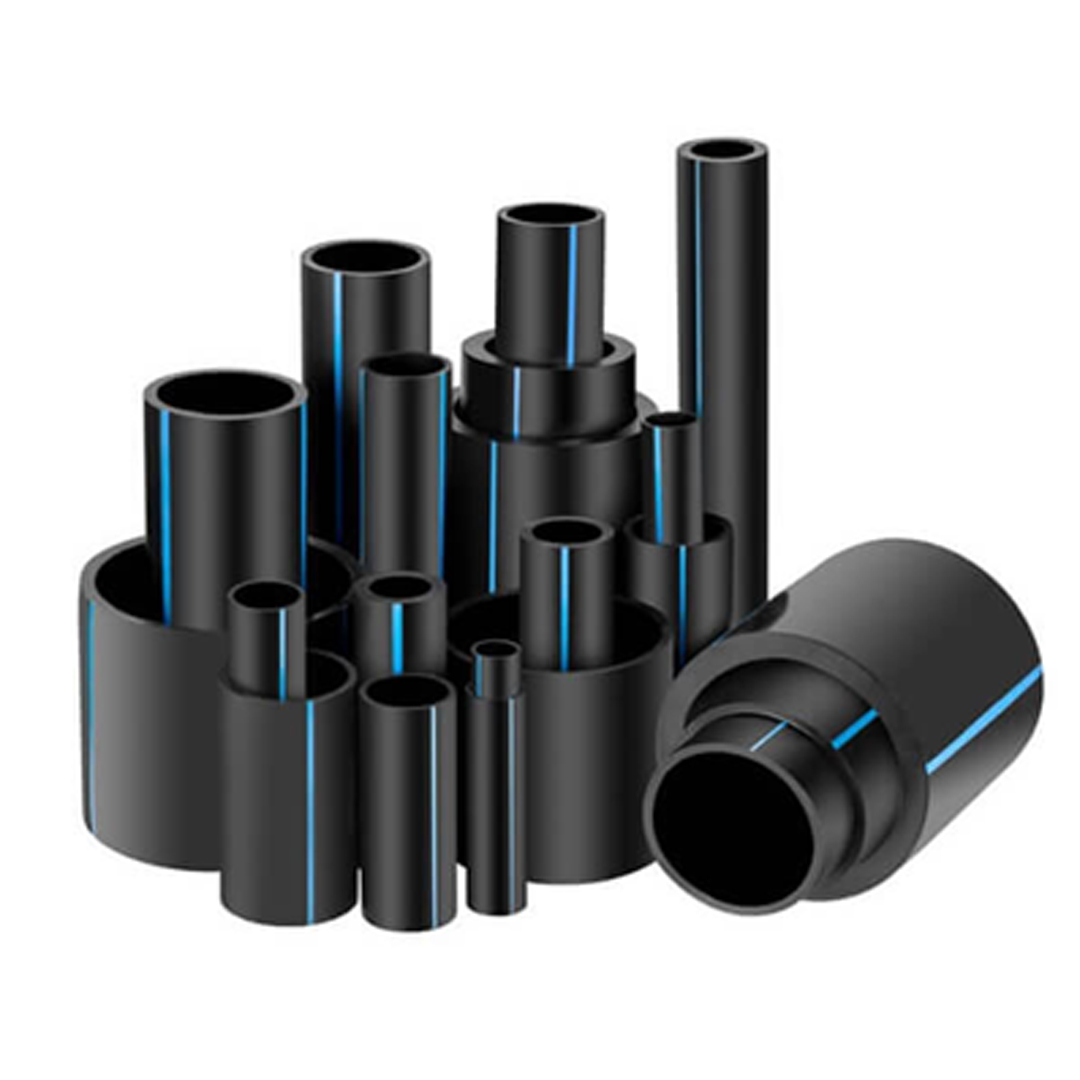
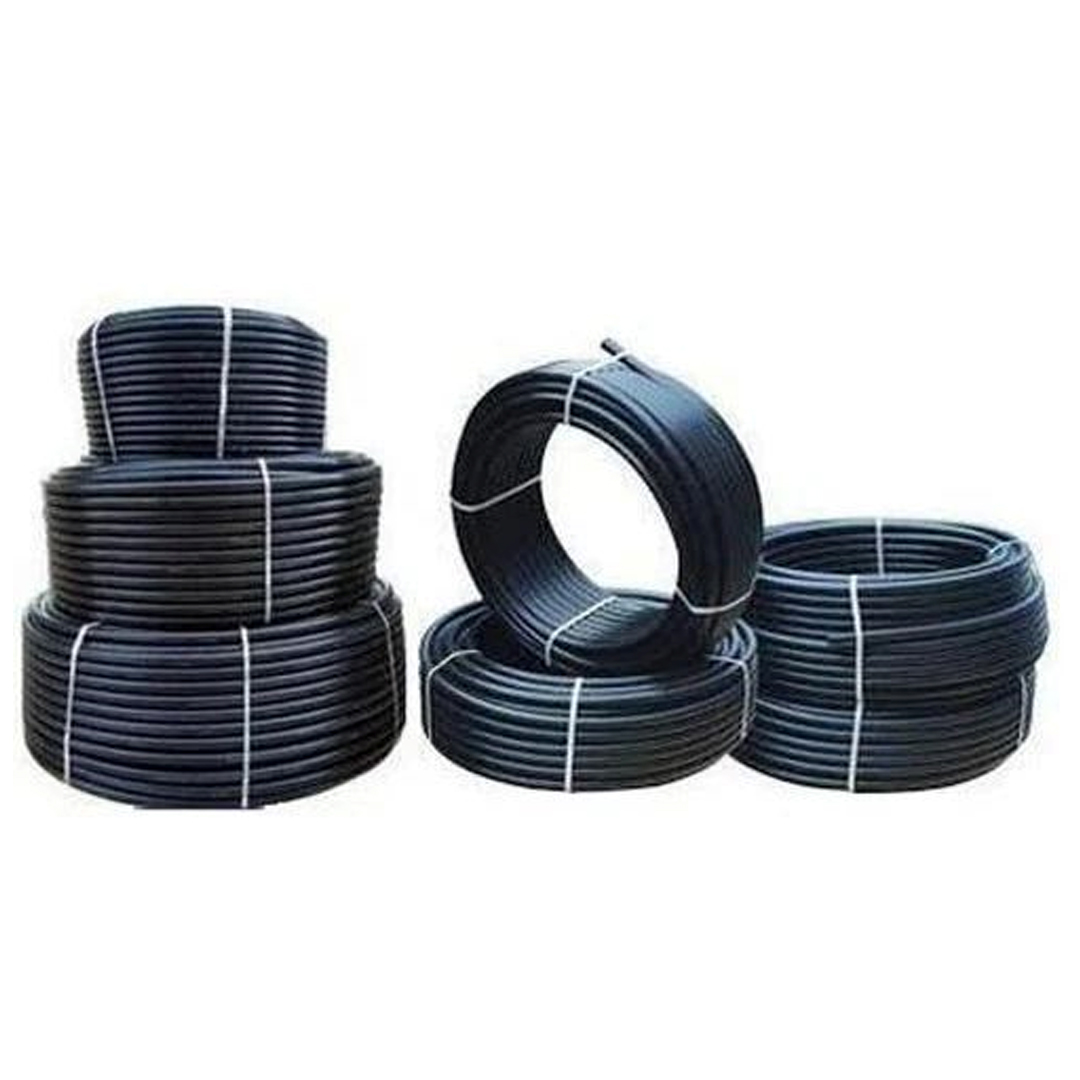
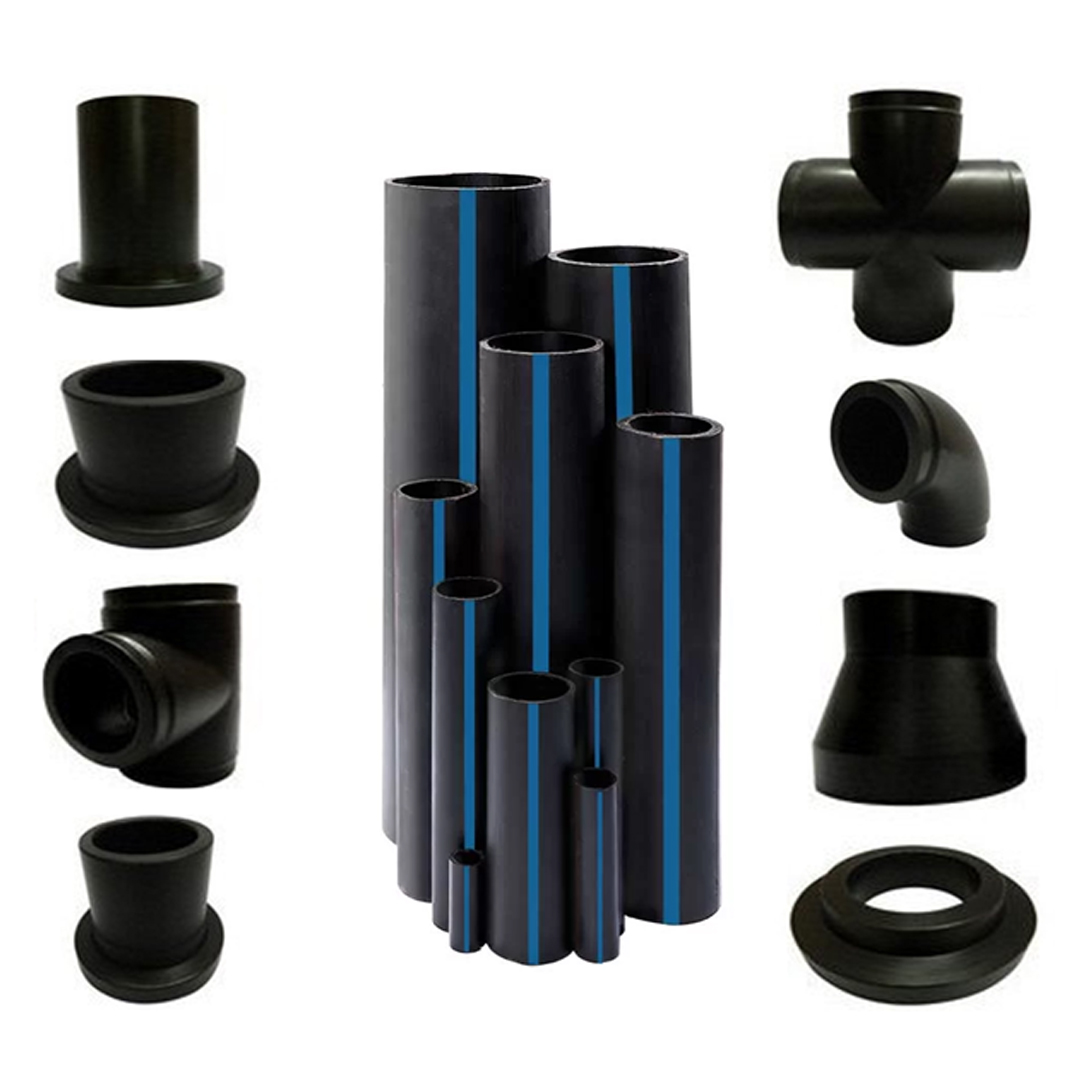
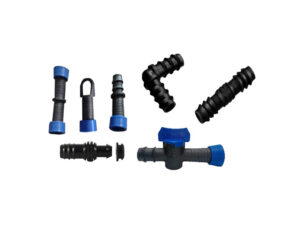
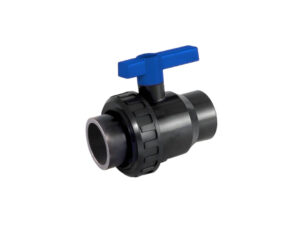
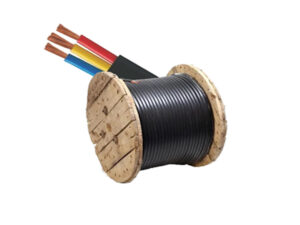
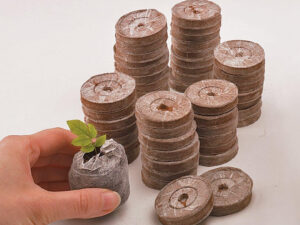
Reviews
There are no reviews yet.